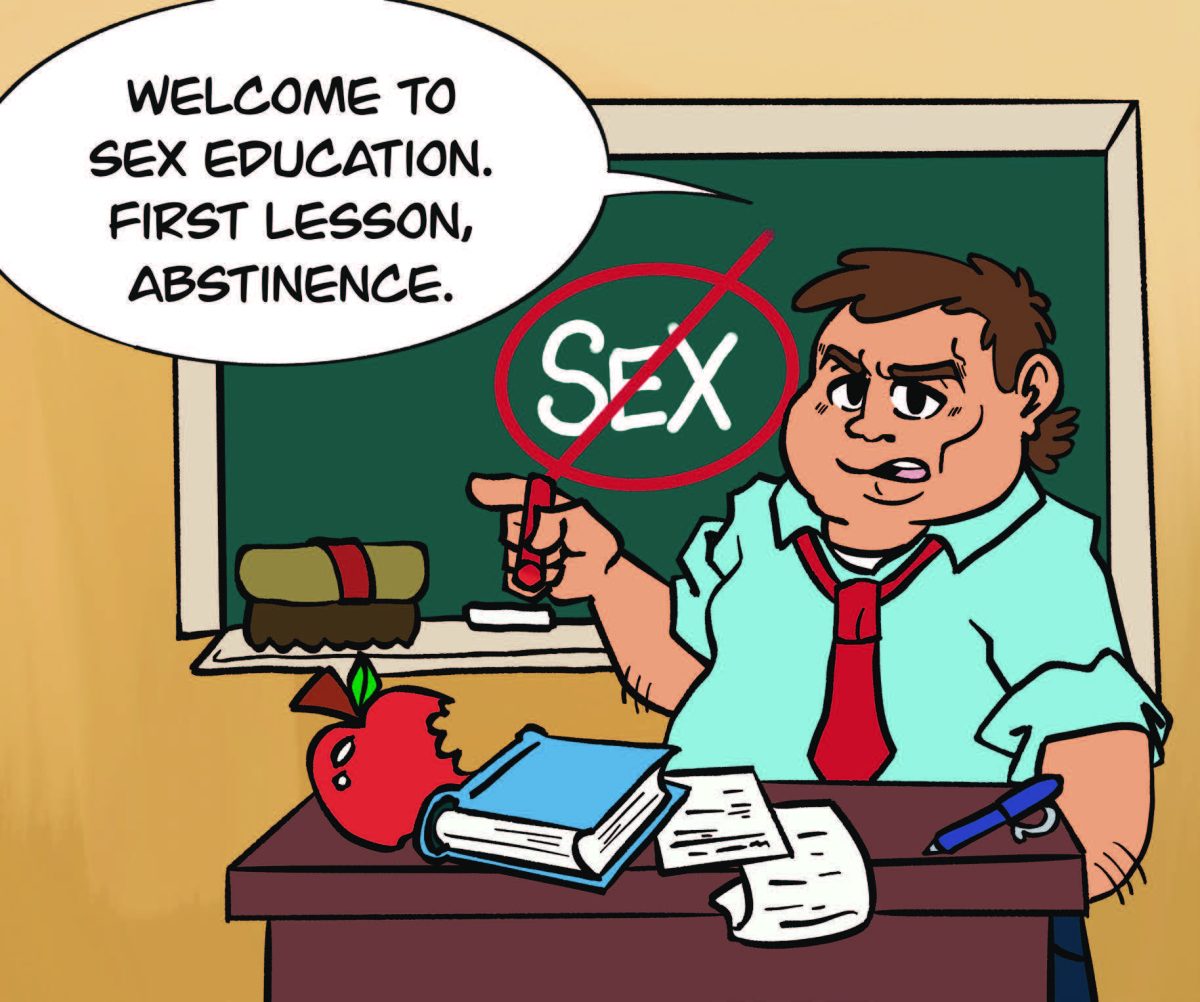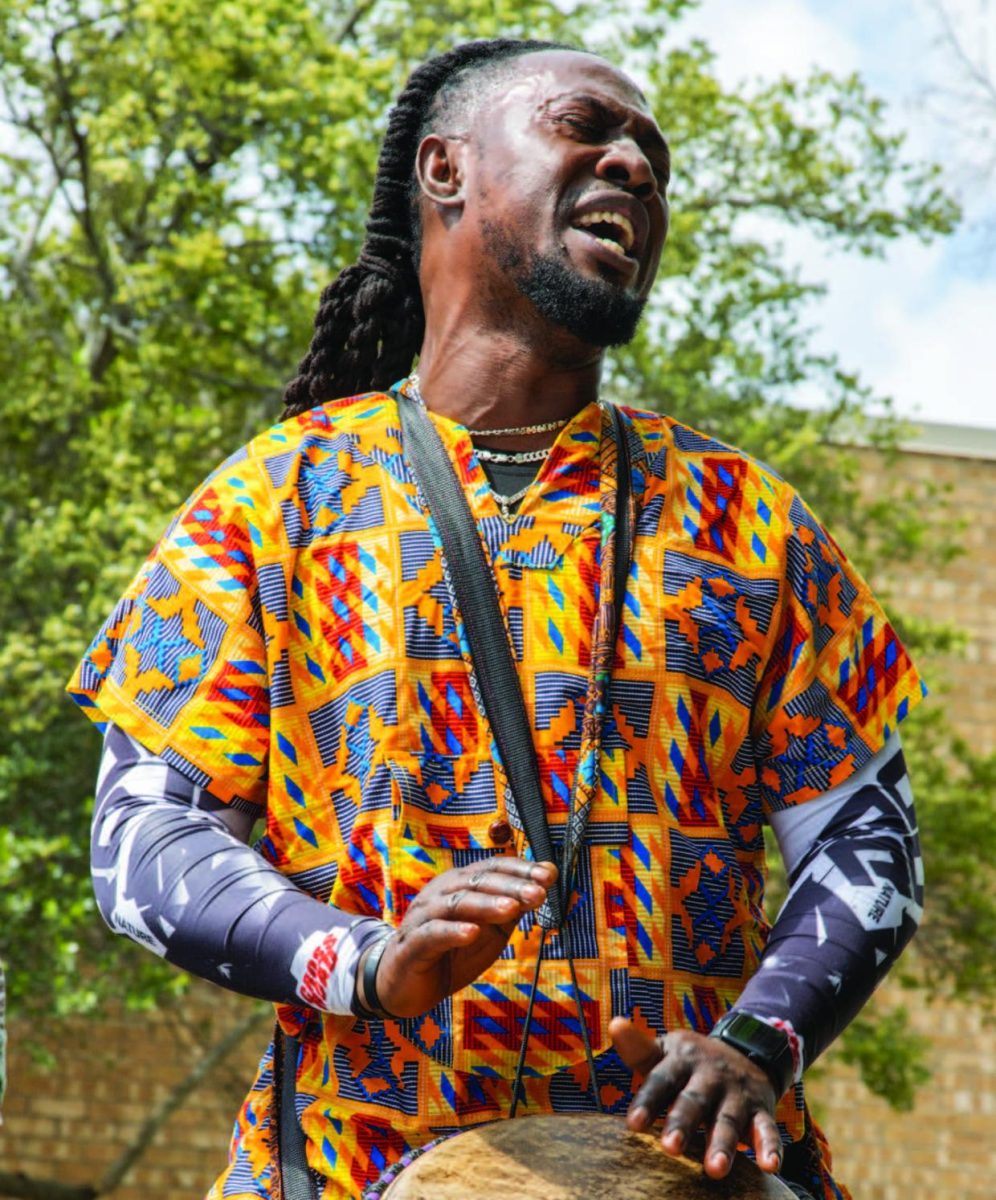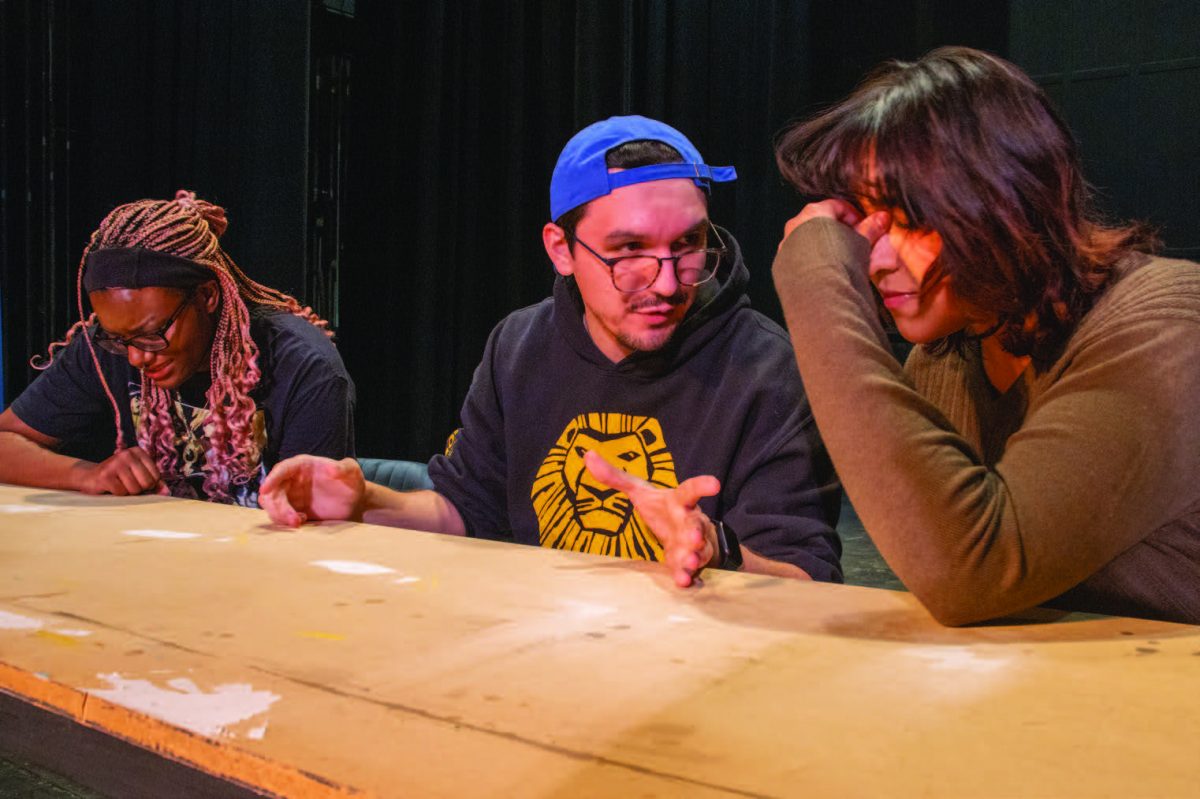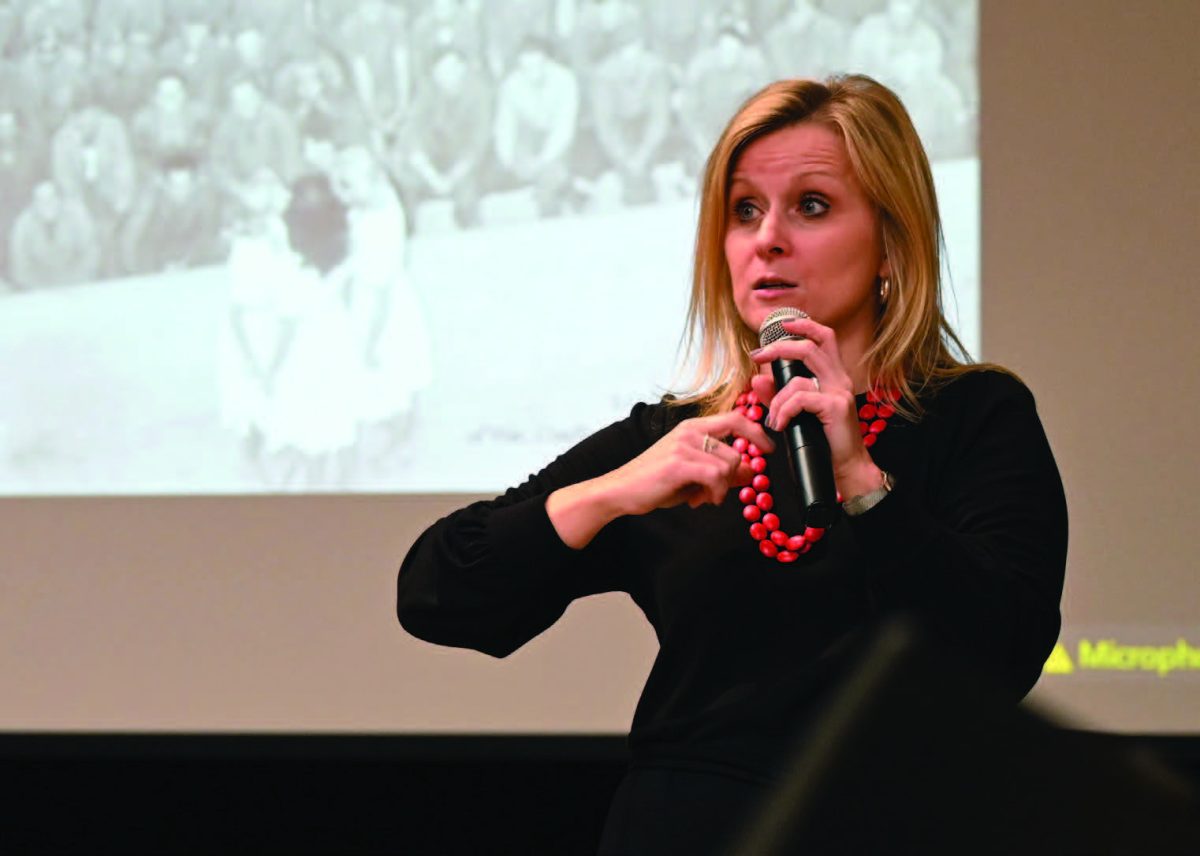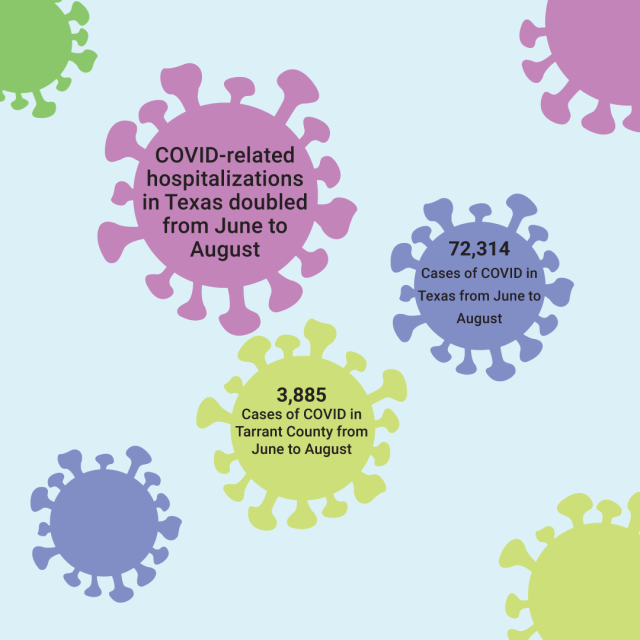HOPE SMITH
editor-in-chief
hope.smith393@my.tccd.edu
Barbara Leath and Heidi Milosevich sit at a table on NE campus and ask those who pass by, “Hi! Are you registered to vote?”
Leath and Milosevich are official deputy registrars, allowing them the ability to assist in registration for various counties, including Tarrant, Collin, Dallas and Denton.
Now visiting NE every Wednesday until Thanksgiving, they have registered as many as 300 students in one day at a new student orientation.
“We were so excited because, like Barbara said, this was the first time we’ve had a table at these orientation sessions,” Milosevich said. “And wow, talk about low-hanging fruit.”
They were motivated to begin offering registration to students during the 2022 Texas governor election after candidate Beto O’Rourke’s call to action for more registrar volunteers.
NE student Mia Jackson is now registered to vote. She received Leath and Milosevich’s help during one of the new student orientations.
Jackson said that she is nonpartisan and, when voting, wants to choose the candidate who will be the best for the country.
However, while she tries to stay updated on candidates, she can only handle a few minutes of learning about candidates from popular outlets like the news.
“I want to vote but also, the options available in this day and age – which I try to stay updated on [by] watching the news – makes me sad, so I don’t know,” she said.
For the two deputy registrars, the Wednesday ritual of ensuring students have the option to vote is crucial because it’s a misconception that an eligible Texan can do first-time registration online.
“Especially with young people now, what Barbara and I hear a lot when they come by and we’re talking is: ‘I can just do it online,’” Milosevich said. “Well, no, you can’t. You can’t do it online.”
The requirements for registering in Texas are as follows: You must be 18 years of age, not a felon, and a U.S. citizen, as well as a resident of the county you are registering in.
Even more than that, Leath said getting students to the registration tables engages them in thoughtful conversation.
“We’re trying to not only register people but also talk to those that are saying that they’re not really political and that sort of thing,” she said, “And trying to figure out where that comes from and get their passion because part of our democracy is that you use the power of your vote to make change.”
TR student Jakob Brown is also registered and believes it is incredibly important to vote.
“This country, although not entirely dictated by the votes of the people, runs off of its voters,” he said. “The manifestation of the general population’s opinions really gets acknowledged officially through those votes, and it’s important everybody’s voice is heard, especially in federal elections.”
Brown said he personally doesn’t like the way current politics are looking.
“It feels as though many representatives today aren’t actually representing their voters, and because of that it’s very hard to find any politician I largely personally agree with,” he said. “And frankly, as long as lobbying and the Electoral College dictate our politics, our voice will never truly and faithfully be heard.”
Like Brown, Milosevich said getting the younger generations involved with voting gives them a platform to have a voice.
“Whatever their [the younger generation] issues are, what they feel emboldened about or that they think are important, the only way to voice it is their votes,” she said. “And we’ve seen it in recent elections make a difference. And, you know, people are counting on it, and there are people that are counting on young people not voting.”
NW government professor Julie Lantrip has noticed that students don’t realize that local government can be just as important as national.
“Learning that their votes often matter even more at the local level can give students a greater sense of political efficacy that can motivate them to remain engaged in government even after college,” Lantrip said.
She emphasized that just because someone is registered to vote doesn’t mean they are obligated to do so. Instead, she says it is a necessary step toward having the option to vote. To stay educated, she suggests that students go to resources like Vote411 to compare candidates on issues and to read local newspapers.
Milosevich said that the environment relies on young people to vote for change, and that while she may be gone by the time the environment worsens, it will be a problem for the younger generations.
“Young people are the ones who are going to make the difference,” Milosevich said.























